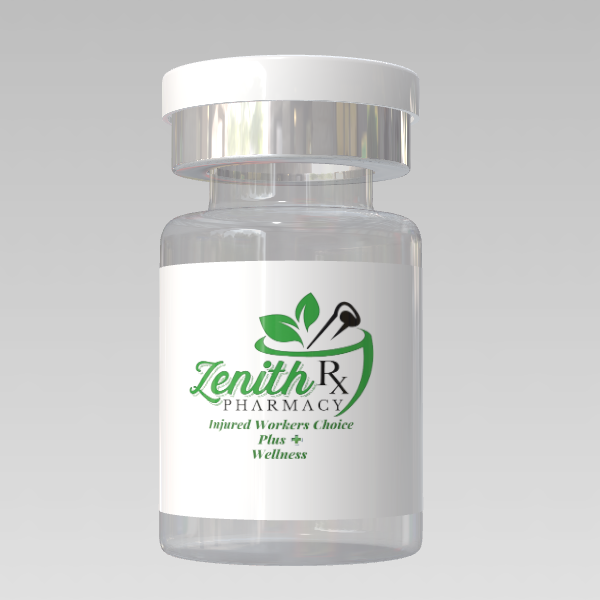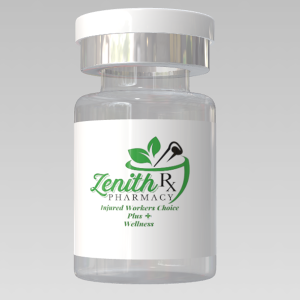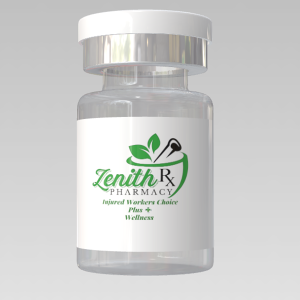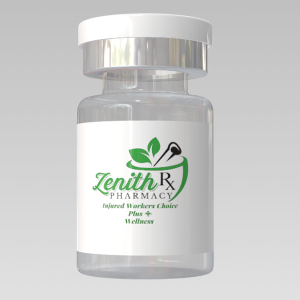Description
Overview
Methylcobalamin is an active, bioavailable form of vitamin B12, essential for nerve function, DNA synthesis, red blood cell formation, and energy metabolism. Unlike cyanocobalamin, it does not require conversion in the body, making it more effective for patients with impaired methylation or absorption issues. It is widely used to manage B12 deficiencies, neuropathic conditions, anemia, and cognitive decline.
Mechanism of Action
Methylcobalamin plays a crucial role in the methylation process, which is necessary for DNA and RNA production, detoxification, and neurotransmitter synthesis. It helps convert homocysteine into methionine, reducing cardiovascular risk and supporting neurological health. Additionally, it aids in the synthesis of myelin, the protective coating around nerves, preventing nerve damage and promoting repair.
Benefits and Indications
- Neurological Health: Helps in treating peripheral neuropathy, multiple sclerosis, and neurodegenerative conditions like Alzheimer’s disease.
- Anemia Treatment: Supports the production of healthy red blood cells, preventing megaloblastic anemia.
- Metabolism and Energy: Improves mitochondrial function, reducing fatigue and enhancing physical performance.
- Cognitive Function: May improve memory, concentration, and mood, especially in older adults.
- Cardiovascular Health: Reduces homocysteine levels, lowering the risk of heart disease.
Possible Side Effects
- Mild nausea or gastrointestinal discomfort
- Headache or dizziness
- Skin rash (rare)
- Injection site pain (for IV administration)
Drug Interactions
- Metformin: Long-term use may reduce B12 levels, necessitating supplementation.
- Proton Pump Inhibitors (PPIs): Decrease stomach acid, impairing B12 absorption.
- Chloramphenicol: May interfere with red blood cell production in patients receiving B12 therapy.






Reviews
There are no reviews yet.